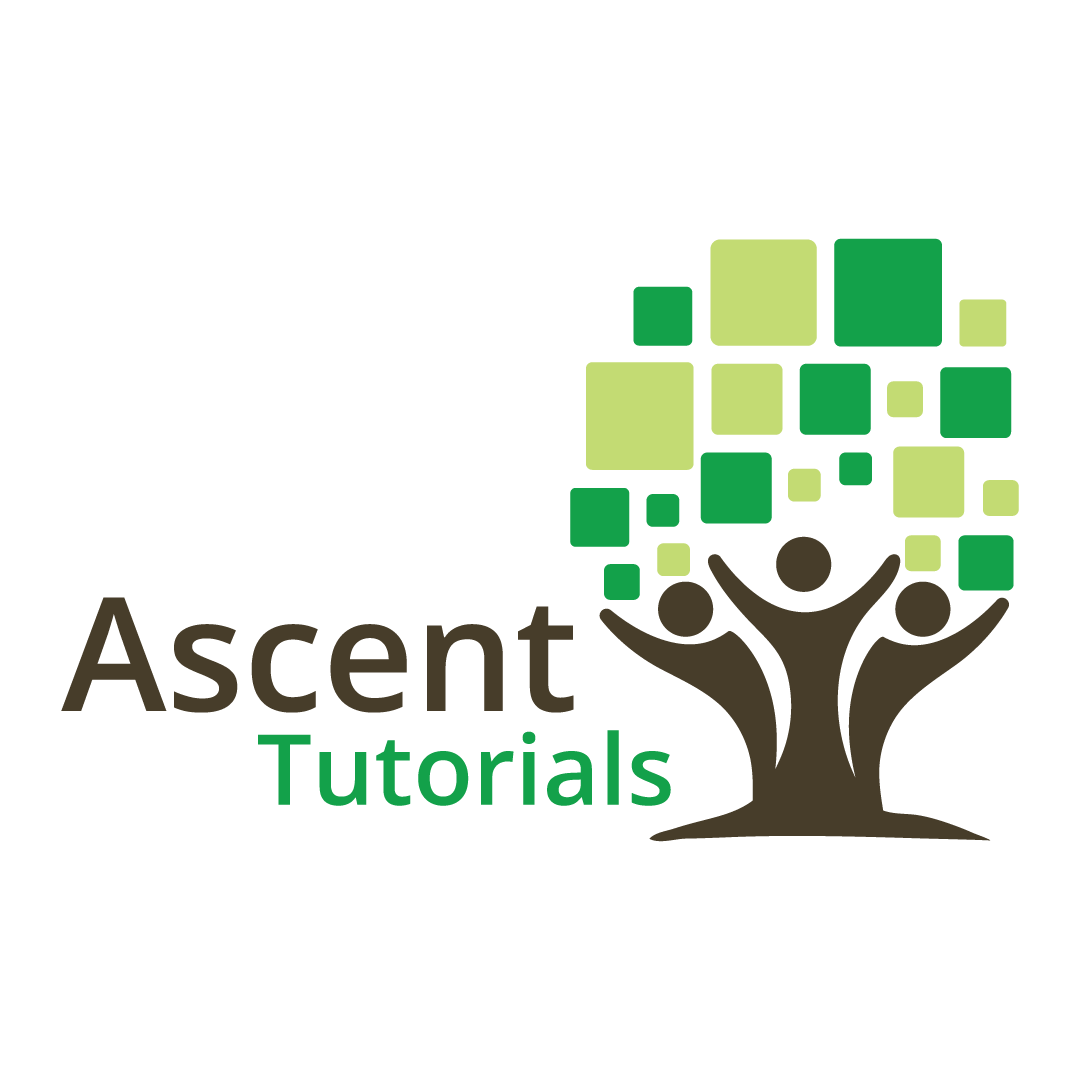
About Course
A good teacher can make the most boring subjects interesting and it is tough to find a good teacher that can pay close attention to your child’s strengths & weaknesses and make these tough boring subjects a cakewalk for your child. At Ascent Tutorials, our expert faculty have the skills, techniques and (magic) tricks to enable your child to decode toughest concepts and fall in love with learning.
At Ascent Tutorials, we have structured the JEE syllabus in a way that it builds conceptual clarity amongst students and brings them one step closer to cracking some of the most toughest engineering entrance exams in India by :
- Comprehensive coverage of syllabus
- Smooth & Well organized curriculum
- Small batches to ensure individualized attention
- AI Best Test series
- Structured doubt sessions
- Periodic assessments
Conceptualization
Concept building with practical examples through:
- Session Lectures
- Revision Lectures
- Doubt lectures
- Periodic Tests
Complete Notes
Smart study material to provide deep understanding of topics and improve speed for question solving
Periodic Test system
Regular tests to improve promptness in responding to tough & tricky questions
Structured Doubt sessions
Limited batch size for timely doubt discussion
Student Mentorship program
Career based guidance to students
Integration program:
As Ascent Tutorials, we have adopted an Integrated system where preparation for competitive exams is thoroughly concurrent with board preparation under one single spectrum! With our integration program students need not spend time going back and forth between college and classes because we have it all under our roof – Physics, Chemistry, Mathematics & Biology preparation from Board exam & Competitive exam perspectives.
Remaining subjects along with Practicals are taken care of by our expert faculty at Ascent Tutorials on specific days of the week.
This program encourages stress free learning and saves plenty of time for students to engage in self study and pursue their hobbies.
AFAC (Applied Arts and Fine Arts College of Science ) and Navneet College of Science have affiliated with us for the Integration Program.
Course Content
Physics (Class XI)
-
Physical-world and measurement
-
Kinematics
-
Laws of Motion
-
Work energy and power
-
Motion of System of Particles and Rigid Body
-
Gravitation
-
Properties of Bulk Matter
-
Thermodynamics
-
Behaviour of Perfect Gas and Kinetic Theory
-
Oscillations and Waves
